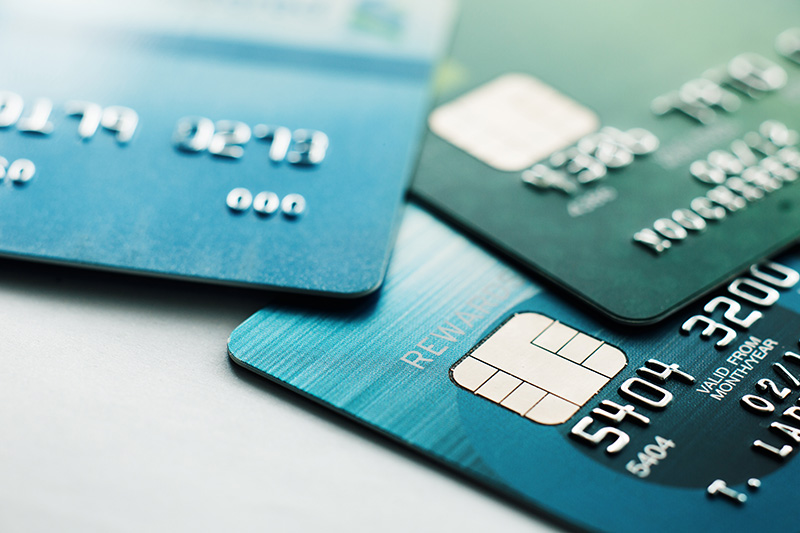Are Credit Card Fees Tax Deductible?
February 09, 2024 by Steve Banner, EA, MBA
It is not surprising that people ask this question because it sometimes seems like a new fee pops up on my credit card statement every other month. There are finance charges, monthly fees, and late fees, not to mention the annual fee I have to pay for the simple privilege of carrying the card around in my wallet. As I’m sure you’re aware, these fees can add up over the course of the year. It’s no wonder the question about possible tax deductibility comes to mind.
Well, the answer to this question depends on the nature of your use of a credit card. Are you using it for personal or business purposes, or perhaps both? If you use the card only for personal purposes, your credit card fees are generally not deductible. But, on the other hand, if you use the card exclusively for business purposes the good news is that your credit card fees may be deductible.
However, as is always the case in our discussions of different aspects of the tax code, there are certain conditions that must be met for your business credit card fees to be eligible for deduction. First of all, the fees must be related to a credit card that you use to make purchases that are legitimate business expenses. That is to say, your purchases must be for goods or services that are ordinary and necessary expenses related to the operation of your business. Just to clarify what I mean by that last statement, an ordinary expense is one that is common and accepted in your industry. And a necessary expense is one that is helpful and appropriate for your trade or business. For example, the expenses Jim recorded on his landscaping business credit card last month for 2-stroke gasoline and lawnmower blade sharpening would both be regarded as ordinary and necessary for the running of his business.
Another condition for the deductibility of credit card fees is that the card in question must be used only for business purposes. If a card is used for both personal and business purposes, it may no longer qualify for the deduction of the fees related to the card. For example, if the card issuer charges interest on the unpaid balance of a dual-use card, how could the amount of the interest possibly be divided up between personal and business use? For that reason, new business owners are well-advised to open a bank account that is used exclusively for business and obtain a dedicated credit card to match.
Let us consider this last statement for a moment:
- Is it customary for a business to have its own bank account?
- Is a business owner likely to have the need to make purchases on a credit card?
The answer to both questions is a resounding “Yes” unless the enterprise is planned to be operated on a strictly cash basis, supported by a large pile of currency stashed under the owner’s mattress. In other words, business bank and credit card accounts are ordinary and necessary to the operation of the business. And therefore, all fees, interest and other charges relating to the use of those accounts may be eligible for deduction from the taxable income of the business – provided of course that the accounts are used only for legitimate business purposes.
And as we always say, make sure that to keep complete and accurate records of your business transactions in case the IRS ever questions your deduction.





